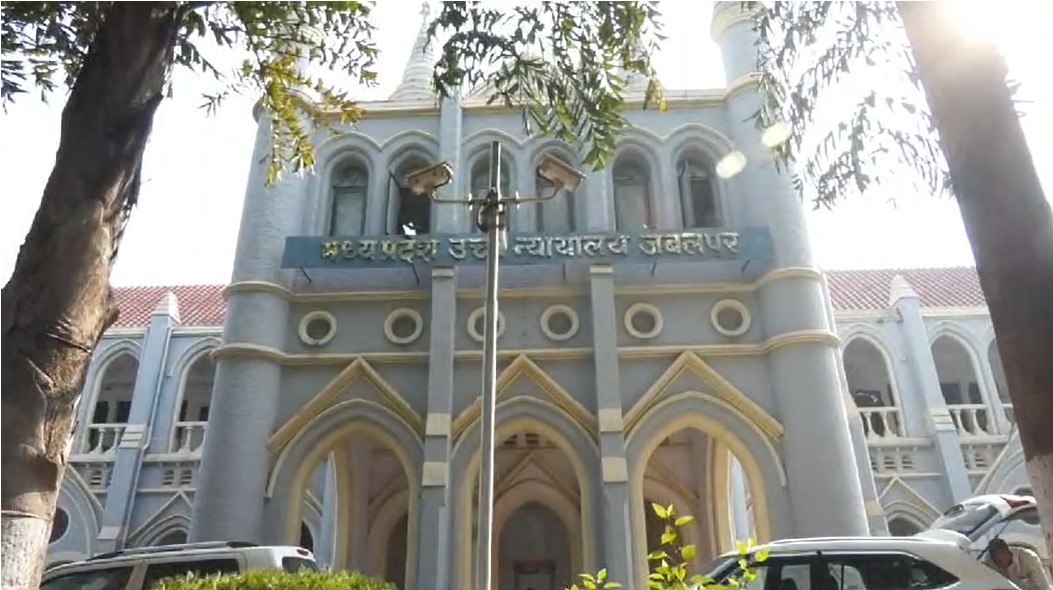Indore (Madhya Pradesh): Indore bench of Madhya Pradesh High Court has set aside an order passed by State Waqf Tribunal regarding a disputed kabristan (cemetery) property in Dewas. The case involves a long-standing conflict over the ownership and use of land identified as survey numbers 83, 84 and 85, which have been recorded as kabristan (Muslim burial ground) since the 1970s. The dispute cropped up when Waqf kabristan near Dewas Railway Station filed an application in January, 2023 under Section 83(2) of the Waqf Act, 1995.
The application sought a declaration that the disputed property be recognised as Waqf property and requested that certain individuals be restrained from changing the land use. The petitioners also asked the authorities to prevent interference with the use of the land for burial purposes. The Waqf Tribunal issued an order on February 19, 2024, directing that the lock on the kabristan gate be removed, despite the ongoing dispute.
This order was made following a petition filed under Section 151 of the Civil Procedure Code (CPC) requesting the opening of the gate and the reinstatement of a board identifying the land as kabristan. The tribunal further directed that the respondents refrain from interfering with the land use for burial purposes. The petitioners, who challenged the Tribunal’s decision, argued in the HC that the Waqf Tribunal had made a mistake in recognising survey numbers 83, 84 and 85 as part of the kabristan. The petitioners contended that survey number 83 belongs to the Christian community and survey number 84 to the Hindu community, both of which are recorded as non-Waqf properties in the revenue records.
The petitioners raised concerns about potential communal violence if burial activities were allowed to proceed through the disputed areas that involve land used by other religious groups. The petitioners also argued that the tribunal had not properly considered the implications of opening the kabristan gates warning of potential law and order issues in the locality. They requested for a status quo be maintained until the final resolution of the civil suit before the tribunal.
After listening to all parties, Justice Gajendra Singh observed that the Waqf tribunal had erred in granting relief under Section 151 CPC, rather than waiting for a decision under the more appropriate provisions of Order 39 Rule 1 and 2 of the CPC. The Court cited the precedent set in the case of “Omprakash Agrawal vs Sandeep Kumar Agrawal”, which established that status quo orders could not be issued under Section 151 when a specific remedy under the CPC existed.
Consequently, the HC annulled the Tribunal’s order and directed that the application for a temporary injunction under Order 39 be resolved expeditiously. The Court also instructed the Waqf Tribunal to consider all material, including photographs and documents, from both parties, though modern techniques and to resolve the matter.

